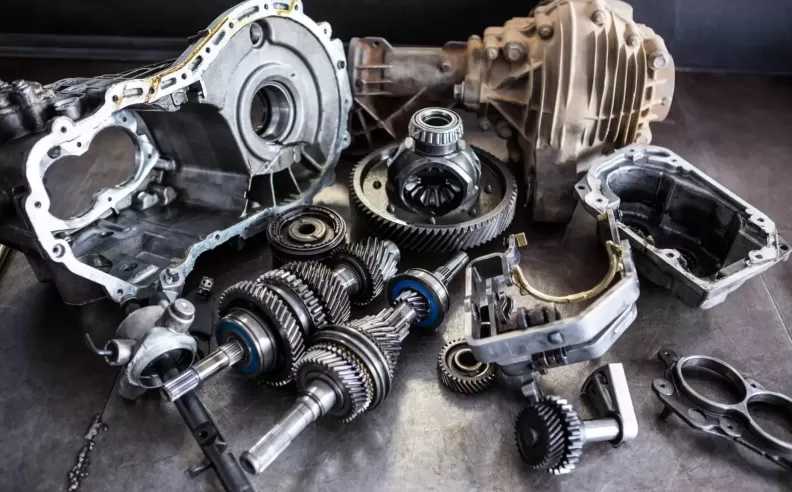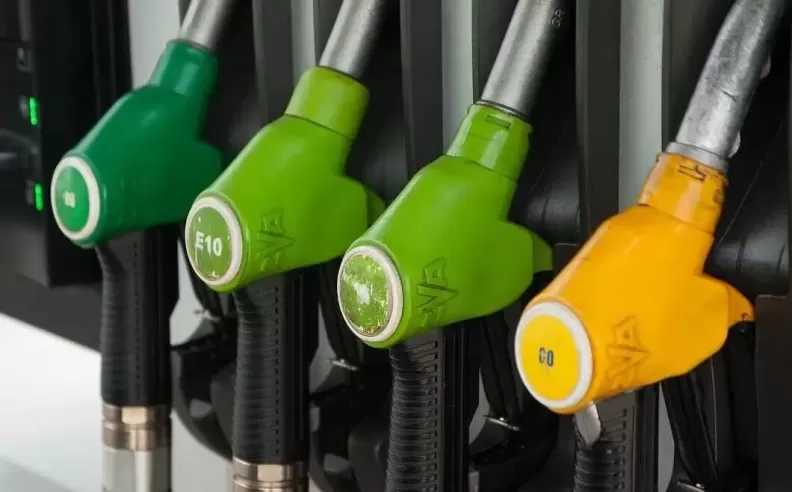
The automotive industry has witnessed significant advancements in technology over the years, particularly in the area of car fuels. With concerns about environmental sustainability and the desire for more fuel-efficient vehicles, it's important for car owners and enthusiasts to understand the different types of fuels available and their impact on engine performance. In this article, we will explore the most common types of car fuels and delve into their effects on engine performance.
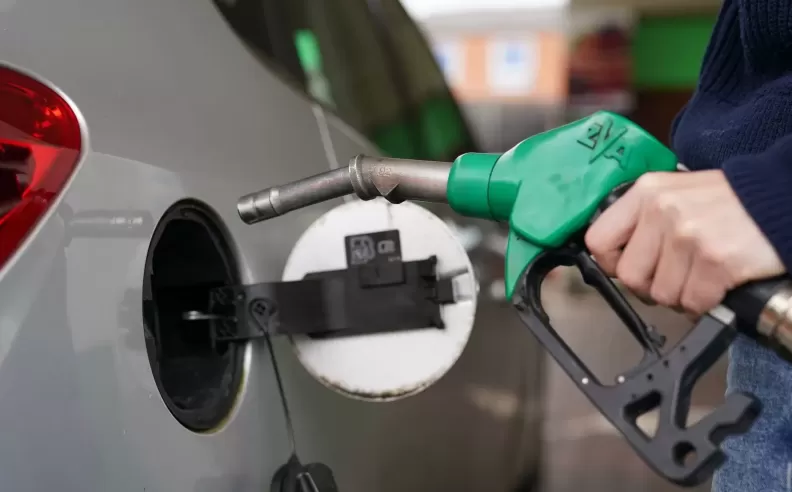
Gasoline, also known as petrol, has been the primary fuel for internal combustion engines for decades. It is a fossil fuel derived from crude oil and is widely available. Gasoline fuels engines by burning the mixture of air and fuel in the engine's cylinders. The combustion process releases energy, which propels the vehicle forward. Gasoline is known for its high energy density, making it an efficient fuel choice for conventional engines.
Gasoline offers a good balance between power and efficiency. It provides quick acceleration and a high top speed, making it suitable for performance-oriented vehicles. However, its carbon emissions contribute to air pollution and are a significant factor in climate change. As environmental concerns grow, car manufacturers have been developing more fuel-efficient engines and alternative fuel options.
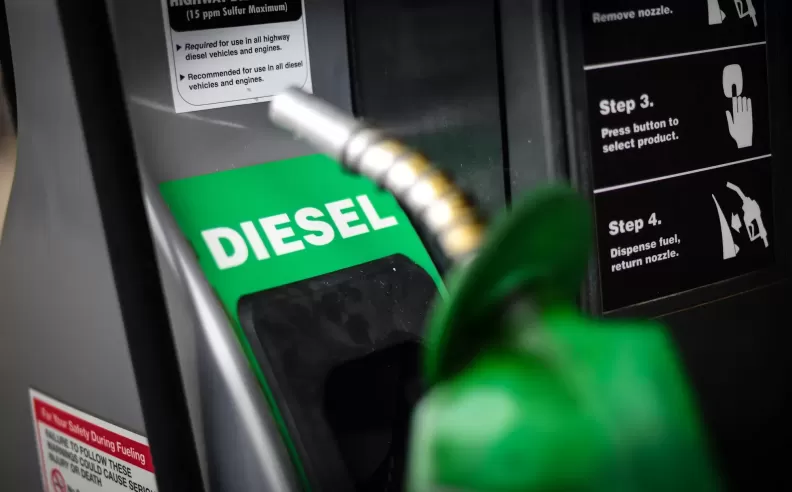
Diesel fuel is another common type of fuel used in vehicles, particularly in larger vehicles like trucks and SUVs. Diesel fuel is also derived from crude oil, but it has a different composition and refining process compared to gasoline. Diesel engines operate on the principle of compression ignition, where the fuel ignites due to high temperatures caused by compression rather than a spark.
Diesel engines are known for their high torque output, making them suitable for heavy-duty applications. They are generally more fuel-efficient than gasoline engines, providing better mileage. However, diesel engines tend to produce higher levels of nitrogen oxides (NOx) and particulate matter (PM), which are harmful pollutants. Stringent emissions regulations have compelled manufacturers to develop advanced exhaust treatment systems to reduce these emissions.
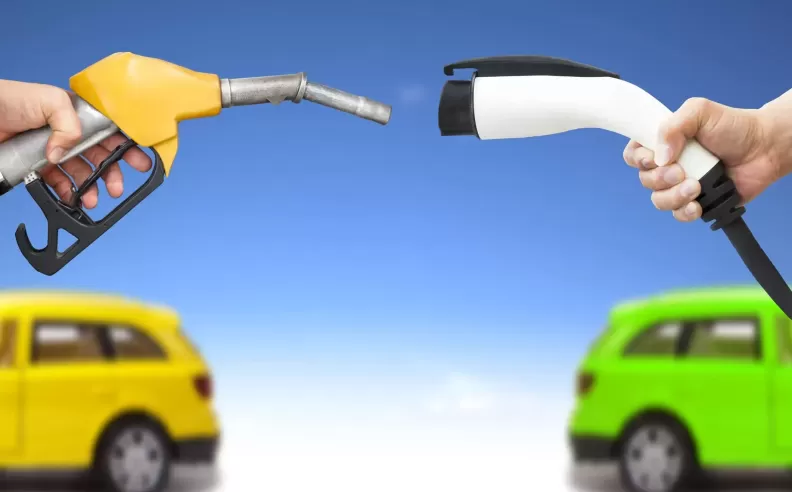
Hybrid vehicles combine an internal combustion engine with an electric motor and battery pack. These vehicles use a combination of gasoline or diesel fuel and electricity to power the engine. The electric motor assists the engine during acceleration and can also operate the vehicle at low speeds or during idle conditions, reducing fuel consumption and emissions.
Hybrids offer improved fuel efficiency and reduced emissions compared to conventional gasoline or diesel vehicles. The electric motor also provides instant torque, enhancing the vehicle's performance. However, hybrids may have a higher initial cost due to the additional components and battery pack.
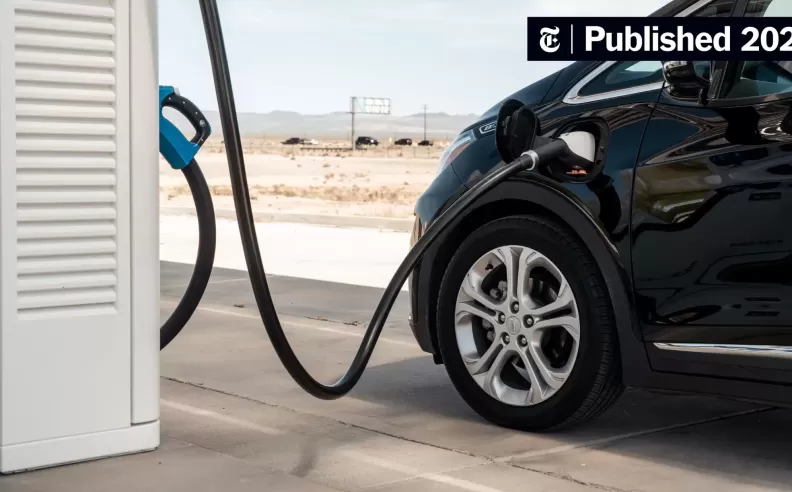
Electric vehicles (EVs) are powered solely by electricity stored in rechargeable batteries. They do not require any fossil fuel combustion and produce zero tailpipe emissions. EVs are becoming increasingly popular as the world strives for a cleaner and more sustainable transportation system.
Electric motors offer instant torque, resulting in quick acceleration and smooth performance. EVs also have lower maintenance requirements compared to internal combustion engines, as they have fewer moving parts and do not require regular oil changes. However, the limited range and longer charging times compared to refueling with gasoline or diesel are still challenges that need to be addressed.
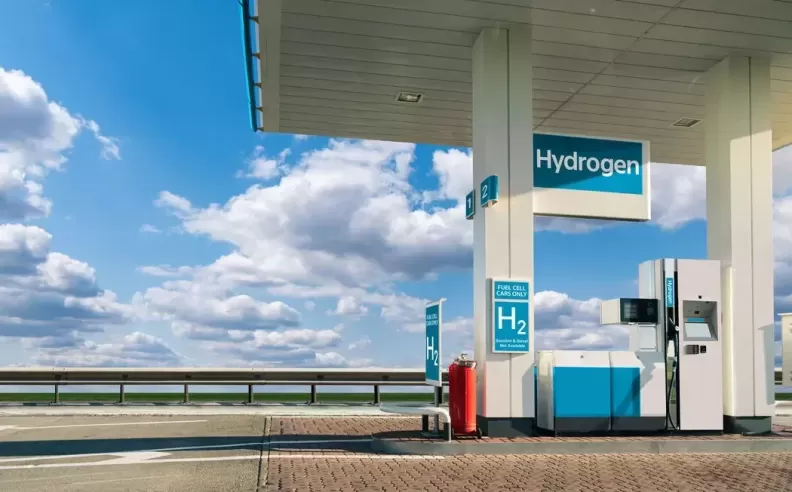
In addition to the traditional fuels mentioned above, there are various alternative fuels available. These include biofuels (such as ethanol and biodiesel), compressed natural gas (CNG), liquefied petroleum gas (LPG), and hydrogen. These fuels offer different benefits and challenges, and their availability may vary depending on geographical locations.
Biofuels are derived from renewable sources such as plants and agricultural waste, reducing dependence on fossil fuels. Compressed natural gas and liquefied petroleum gas produce fewer emissions compared to gasoline or diesel. Hydrogen fuel cell vehicles produce electricity through

Wael is an automotive content writer specializes in creating written content for Motor 283. Producing a wide range of content, including blog posts, articles, product descriptions, reviews, and technical guides related to cars, trucks, motorcycles, and other vehicles, with an unprecedented passion for cars, and motorcycles.

